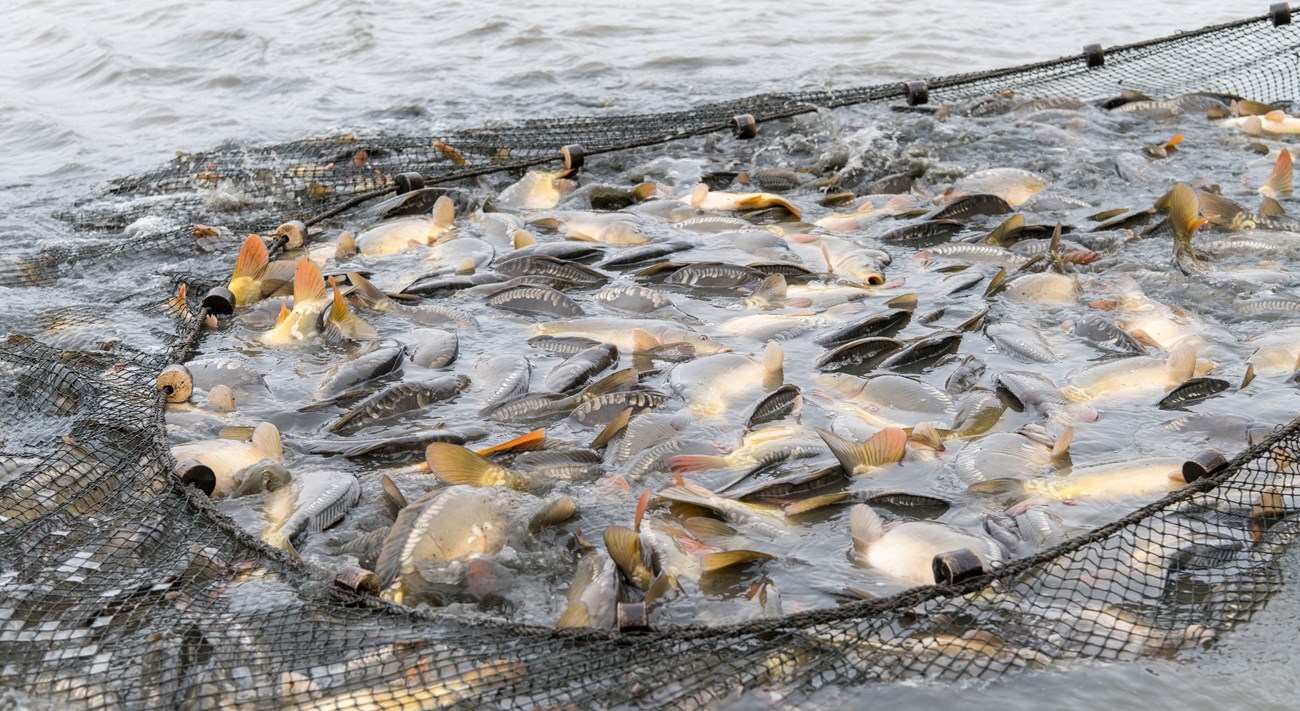
Introduction
Dubai is renowned for its futuristic skyline, luxury lifestyle, and innovative advancements across various industries. Among these innovations, aquaculture has emerged as a surprising yet significant industry. Fish Farm Dubai, established in 2013, has been at the forefront of this revolution, pioneering sustainable fish farming in the heart of the desert. This article explores the role of Fish Farm Dubai, its innovative practices, challenges, and contributions to food security and sustainability.
The Need for Aquaculture in Dubai
The United Arab Emirates (UAE) heavily relies on seafood as a staple in its diet. However, with limited natural freshwater sources and a high dependency on imported seafood, the country faced a significant challenge in ensuring food security. Recognizing this issue, Fish Farm Dubai was launched to reduce reliance on imports and provide locally farmed, high-quality seafood. The initiative aligns with the UAE’s broader food security goals and its vision for sustainable development.
Innovative Farming Techniques
Fish Farm Dubai employs cutting-edge technology to raise a variety of fish species, including seabass, hammour (grouper), bream, and salmon. Unlike traditional fish farming methods that rely on natural water bodies, Fish Farm Dubai uses controlled environments such as Recirculating Aquaculture Systems (RAS) and offshore cage farming.
Recirculating Aquaculture Systems (RAS)
RAS technology allows fish to be farmed in indoor tanks where water is continuously purified and recycled. This method significantly reduces water consumption, making it ideal for arid regions like Dubai. The system also ensures optimal conditions for fish growth by regulating temperature, oxygen levels, and nutrient content.
Offshore Cage Farming
Fish Farm Dubai has expanded its operations to offshore cage farming, utilizing the Arabian Gulf’s waters. This method involves placing large net enclosures in the sea, allowing fish to grow in a semi-natural environment while being monitored for health and growth rates. Offshore cage farming reduces land use and enhances fish quality by providing more space for natural movement.
Sustainability and Environmental Considerations
Sustainability is at the core of Fish Farm Dubai’s operations. Given the environmental concerns associated with fish farming, including water pollution and overfishing, the company implements stringent measures to minimize its ecological footprint.
-
Water Recycling: The use of RAS minimizes water wastage, reducing the strain on Dubai’s limited freshwater resources.
-
Controlled Feeding: Advanced monitoring systems ensure that fish receive precise amounts of feed, reducing excess waste and preventing water contamination.
-
Genetic Research and Breeding Programs: Fish Farm Dubai collaborates with international experts to enhance fish breeding techniques, ensuring healthier and more resilient stocks.
Challenges in Desert Aquaculture
Despite its success, Fish Farm Dubai faces several challenges unique to its desert setting.
-
High Operational Costs: Maintaining controlled environments, regulating water quality, and importing feed materials can be expensive.
-
Climate Challenges: Extreme temperatures require constant monitoring and adjustment of water conditions.
-
Consumer Preferences: Many consumers still prefer wild-caught fish, requiring educational efforts to promote the benefits of farmed seafood.
Contributions to Food Security and Economy
Fish Farm Dubai has significantly impacted the UAE’s food security and economy. By producing fresh, locally sourced seafood, it reduces dependence on imports and enhances self-sufficiency. The company also creates job opportunities and supports research in sustainable aquaculture. Additionally, partnerships with restaurants and supermarkets have helped make high-quality seafood more accessible to consumers.
Future Prospects
Fish Farm Dubai aims to expand its production capacity and explore new species that can thrive in controlled environments. Ongoing research in aquaculture technology, genetic improvements, and alternative feed sources will further enhance sustainability. With continued government support and investment, Dubai is poised to become a leader in desert aquaculture.
Conclusion
Fish Farm Dubai exemplifies how innovation can overcome geographical and environmental limitations. By integrating advanced aquaculture techniques, sustainability measures, and economic strategies, it plays a crucial role in Dubai’s food security efforts. As the demand for sustainable seafood grows, Fish Farm Dubai’s pioneering efforts set a precedent for other regions facing similar challenges, proving that even in the heart of the desert, a thriving aquaculture industry is possible.





Leave a Reply